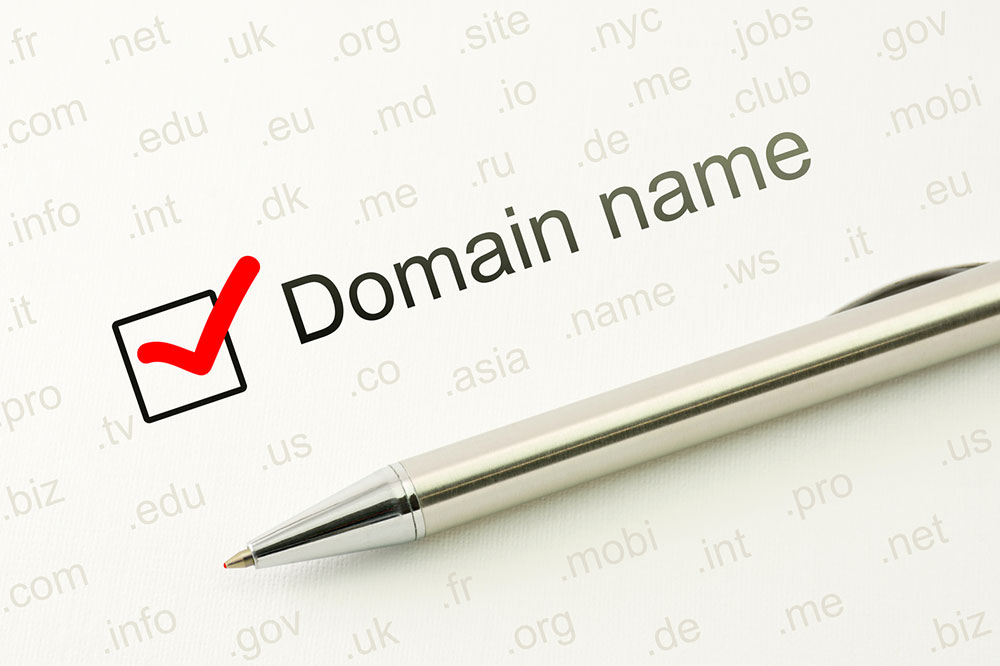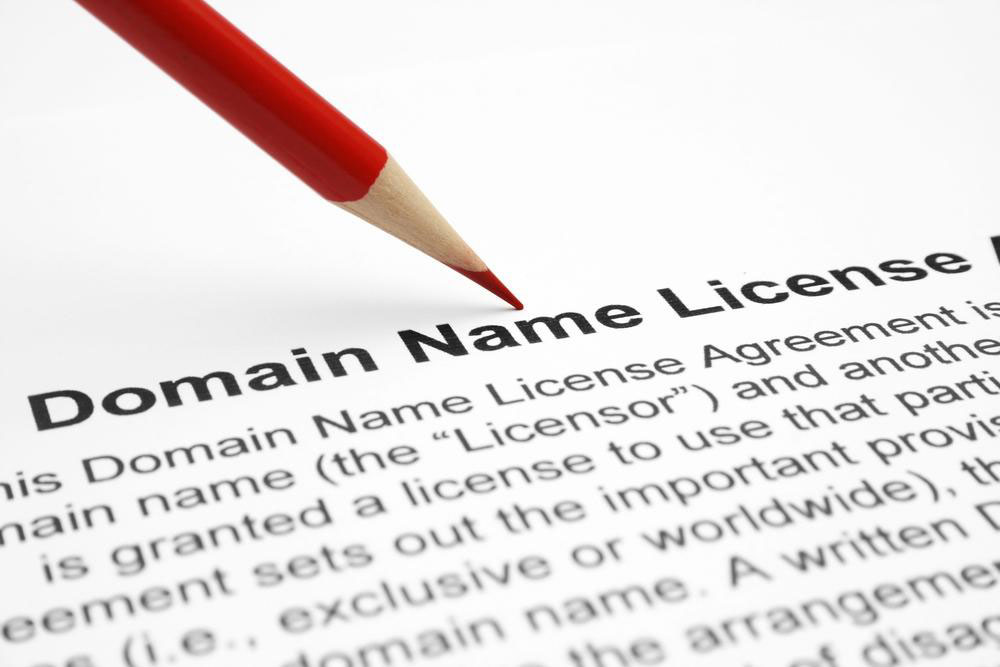Comprehensive Guide to Safe and Effective Domain Name Registration
Registering a domain name is a vital step in building your online presence. This comprehensive guide offers best practices to ensure secure, memorable, and effective domain registration, helping you avoid legal issues, increase visibility, and protect your digital assets for sustained growth.

Establishing a strong online presence begins with registering the right domain name. In today's digital age, launching a website has become more accessible than ever, with thousands of websites going live daily across the globe. Each of these websites is identified through a unique domain address, whether it's a personal blog, a corporate site, or a non-profit organization. Choosing the appropriate domain name is a critical step that can influence your website’s visibility, credibility, and overall success.
Effective domain registration is not just about picking a name; it involves strategic considerations that can impact your online brand for years to come. The process, if approached carefully, can set the stage for sustainable growth and a solid digital reputation. Below, we delve into comprehensive best practices for registering your domain name securely and efficiently, ensuring that your online identity is protected and optimized for success.
Why a Thoughtful Domain Name Matters
A domain name is more than just an address — it is the digital identity of your brand or personal project. Think of it as the front door to your online presence, reflecting your purpose, professionalism, and uniqueness. An effective domain name aids in attracting the right audience and enhances your SEO efforts. Conversely, a poorly chosen or insecure domain can hinder your growth and invite legal or security issues.
Best Practices for Registering a Domain Name
1. Register the Domain in Your Own Name
To avoid future complications, always register your domain registration credentials in your own name or your company's name. This ensures full control over your domain, prevents disputes, and simplifies management. Avoid registering domains through third parties or proxies that might limit your rights or create confusion down the line.
2. Select a Unique and Original Domain Name
Choosing a distinctive and original domain enhances your brand's visibility and reduces the risk of infringing on existing trademarks. Steer clear of copying established domains, as this can lead to legal issues and diminish your credibility. An exclusive name helps your website stand out in a crowded digital space.
3. Keep Your Domain Short, Clear, and Memorable
Short and straightforward domain names are easier for visitors to remember, type, and share. Avoid complex or lengthy names that complicate user recall. A memorable domain increases the chances of visitors returning and recommends your site to others, boosting organic traffic.
4. Consider Alternative Domain Extensions
While .com remains the most popular and trusted extension, exploring other options like .net, .org, or industry-specific extensions (.tech, .shop) can help your brand stand out. Alternative extensions may also be more available and relevant to your niche, boosting your online authority.
5. Avoid Using Symbols and Hyphens
Special characters such as hyphens, numbers, and symbols can make your domain less accessible and more difficult to share verbally. They also increase the risk of typos and confusion. Simplicity and clarity should be your guiding principles when choosing your domain name.
6. Incorporate Your Location for Local Targeting
If your business targets a local audience, including your geographic location in your domain can improve local SEO and attract regional visitors. For example, adding city or regional names helps search engines associate your site with specific locations, making it easier for local clients to find you.
7. Choose a Reputable Registrar and Ensure Accuracy
Select a trusted domain registrar with a good track record for security, customer service, and transparency. Ensure that all your contact and billing details are correct and up-to-date to prevent issues during renewal or security breaches.
8. Set Up Automatic Renewal
Proactively managing your domain’s renewal is vital. Many registrars offer automatic renewal options that prevent accidental expiration, which could lead to losing your domain and online identity. Regularly review your renewal settings to ensure continuous ownership.
9. Register Early to Secure Your Preferred Name
Domain names can be snapped up quickly, especially common or desirable ones. When you identify a suitable name, register it promptly to lock in your choice and avoid losing it to competitors or cybersquatters.
10. Check the Domain’s History
Before finalizing your registration, investigate the historical background of the domain, including previous owners and usage. A domain with a negative history or associated with illicit activities could harm your brand reputation or lead to legal complications.
Additional Tips for a Successful Domain Registration
Beyond the core practices, consider implementing security measures such as domain privacy protection to shield your personal information from public view. Regularly monitor your domain for any suspicious activity or unauthorized changes. Moreover, branding your domain by aligning it with your overall marketing strategy ensures consistency and recognizability across all platforms.
Conclusion
Secure and strategic domain registration is foundational to establishing a credible and successful online presence. By following these comprehensive best practices — such as choosing an original, memorable name, registering it securely, and proactively managing renewals — you can protect your digital assets, improve your SEO, and foster trust among your visitors. Remember, your domain is often the first point of contact with your audience; making it count is essential for long-term success.





